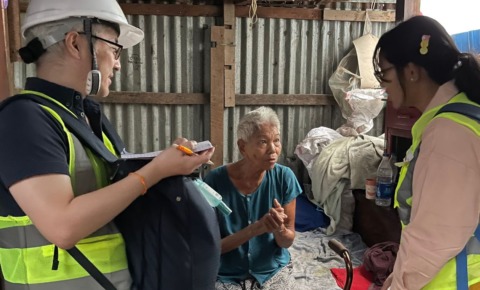
The Compassion for Others Learned in Myanmar’s Disaster Area: Myanmar E...
- #Emergency Support
- #Disaster Relief
- #Myanmar
15/10/2025
Area
680,000 square kilometers (about 1.8 times the size of Japan)
Population
51.14 million (2019, the Ministry of Immigration and Population of Myanmar)
Capital
Naypyidaw
Ethnicity
Burmese (about 70%), many other ethnic minorities
Language
Myanmar language
Religion
Buddhism (90%), Christianity, Islam, etc.
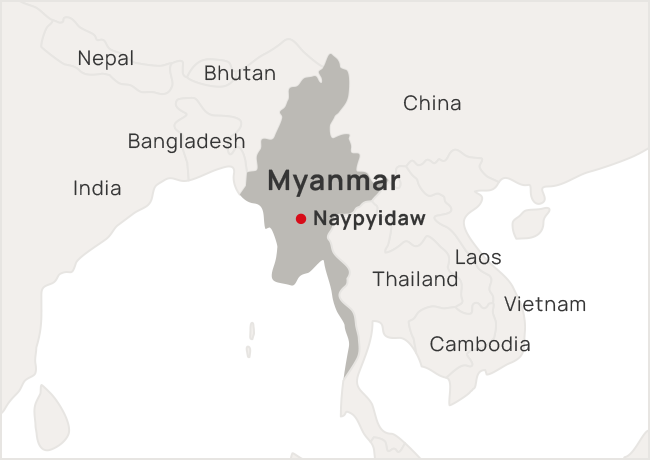
While the development of social infrastructure is lagging in Myanmar as a whole, people with disabilities, in particular, have limited access to medical care, education, and employment opportunities. The government ratified the Convention on the Rights of Persons with Disabilities in 2006, enacted the Law on the Rights of Persons with Disabilities in 2015, and is working to develop laws to protect the rights of persons with disabilities. However, there are still many issues to be addressed, such as barrier-free schools, hospitals, and transportation, eradication of prejudice and discrimination against people with disabilities, education that meets the needs of each person with disabilities; and human resource development to implement such education. In addition, a state of emergency was declared in February 2021, and the situation remains unstable.
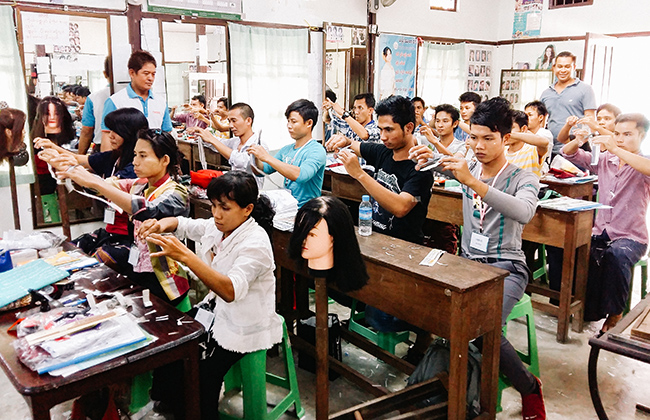
Students enthusiastically work in a computer course class.
AAR Japan has been operating a vocational training school for the persons with disabilities since 2000. We offer training in sewing, hairdressing and beauty, and computers to people with physical disabilities due to childhood paralysis (polio) or accidents, etc. From 2016-2022, we have generally achieved employment for more than 80% of our graduates. In 2018, we published Japan's first "Guide to Employing People with Disabilities" (PDF) for companies, together with local organizations working to promote corporate social responsibility (CSR). We are also a member of a government subcommittee that discusses employment policies for people with disabilities.
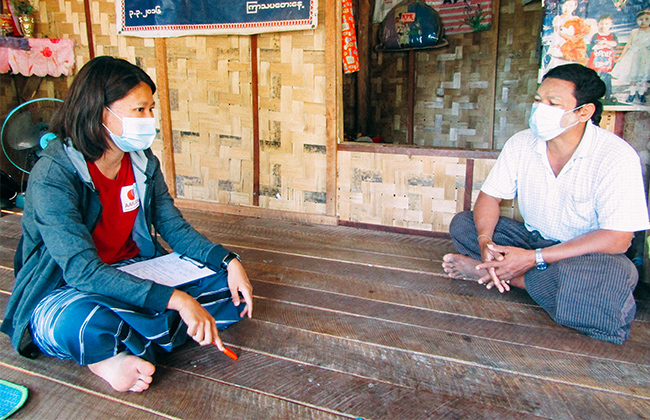
AAR staff (left) interviewing children with disabilities and out-of-school children.
We are committed to inclusive education, where children with and without disabilities learn together while considering their individual characteristics and needs. To promote the schooling of children with disabilities, we are involved in activities such as building a system with local communities that support the education of children with disabilities, making school buildings barrier-free, training teachers, and promoting understanding of disabilities. We are also lobbying the government to promote inclusive education.
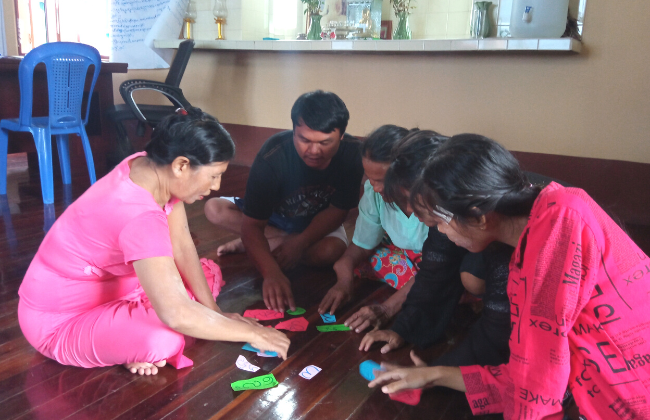
We provide referrals to vocational training services for people with disabilities to acquire the skills necessary for their livelihood activities. In addition, we promote a proper understanding of disabilities and the employment of people with disabilities through educational activities for residents and private sector employees.
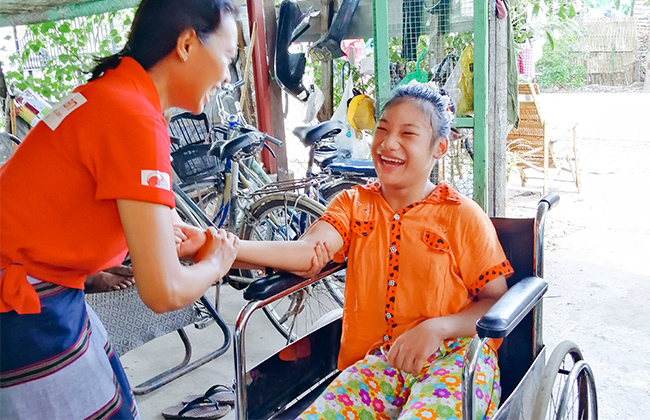
In Myanmar, there are few facilities that take care of people with disabilities, and children with intellectual disabilities and severe disabilities, in particular, live in a harsh environment. We are implementing the "Myanmar Children's Future (Tomorrow) Program" to provide rehabilitation and learning support for these children so that they can fulfill their potential.
2017 - 2020
Improving the environment
for people with disabilities
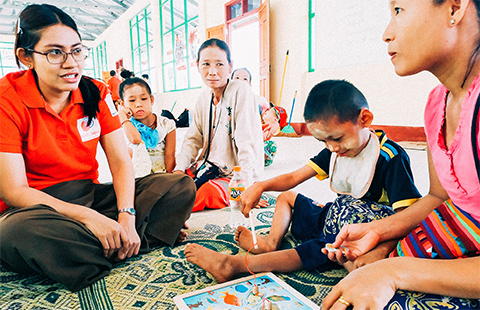
We conducted activities to promote understanding of disabilities among local people, make schools and other public facilities barrier-free, and provide assistive devices to the persons with disabilities.
2013 - 2016
Landmine prevention
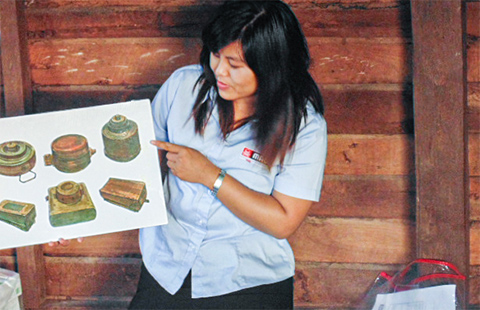
In areas where landmine damage is common, but countermeasures have lagged behind, we conducted awareness-raising activities such as producing educational materials on how to protect oneself from landmine damage.
2008 - 2010
Emergency support for
Cyclone Nargis
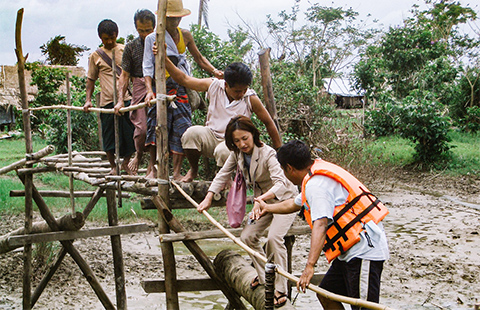
We provided support to the cyclone victims, which killed approximately 150,000 people and affected 2.4 million people. We provided emergency relief supplies to around 90,000 people and support for the persons with disabilities and psychosocial care.

15/10/2025
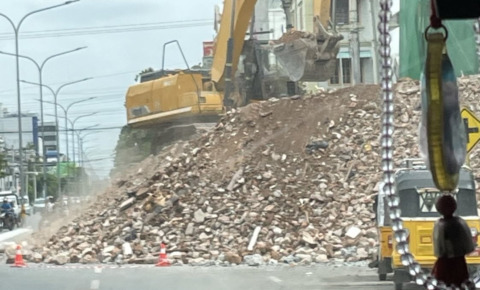
31/07/2025
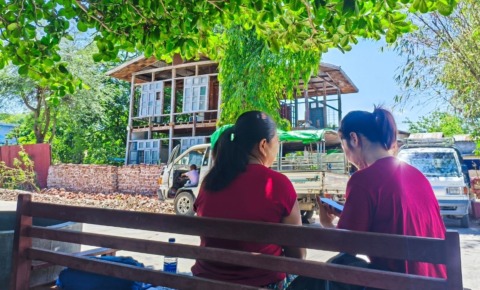
23/05/2025
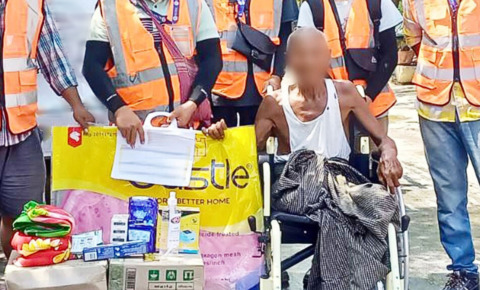
12/05/2025